Oil of Patchouli
$18.21 — or subscribe and save 5%
10 mL bottle
In stock
- Description
- Info & Dosing
- Reviews (3)
- The Essentials
- The HomeGrown Approach
- WooCommerce Product Attachment
Organic Patchouli Essential Oil 10ml
Patchouli oil is derived from an evergreen perennial that is a member of the Labiatae family and is a close relative of peppermint, lavender, and sage. The name “Patchouli” is said to be derived from the ancient Tamil words “patchai” and “ellai,” which means “green leaf.” Others say it comes from the word “patchoi”, meaning “smell” in Hindustan, referring to its use as a fragrance.
Patchouli originates from Southeast Asia. Today it is cultivated in China, Malaysia, India, Indonesia and the Philippines, but it also grows in South America and other tropical regions such as Hawaii.
Botanical Name: Pogostemon cablin
Country of Origin: Indonesia
Extraction Method: Steam Distilled
Plant Part: Leaves
Organic: Yes
Patchouli essential oil uses
People use this essential oil in a variety of ways. So far as we know, none of these applications have been verified or approved by the FDA. Certainly, none of our HomeGrown Herbalist products have any such approval or verification from the FDA so all of this information is strictly for entertainment only.
The oil is extracted from the plant’s slightly fragrant leaves and white and purple flowers. It is thick, light yellow or brown in color, with a strong, musky and sweet aroma, which is reminiscent of wet earth. For some, the aroma of this oil is a preference that is acquired over time.
What sets patchouli essential oil apart from other essential oils is that it improves with age. Its light yellow color turns into a deep amber color, and the scent becomes softer and richer.
The Patchouli has been used for thousands of years. It became very valuable in early europe, the first European merchants would exchange a pound of Patchouli for a pound of gold. The Romans used it as an appetite stimulant, while in Egypt, Pharaoh Tutankhamun is said to have requested that 10 gallons of patchouli oil be buried with him in his tomb.
This essential oil has been widely used in traditional Asian medicine, especially in Malaysia, China, and Japan. It is used to treat that skin and hair. It is also commonly used as an aphrodisiac.
Patchouli essential oil is popularly used as a fabric fragrance, a practice dating back to 19th century India. Many manufacturers used it as a moth repellent for fabrics that are exported to other countries. The scent was so widely known that it became an indicator to identify authentic Oriental cloth. English and French clothing manufacturers were even forced to add patchouli oil to their knockoff products to make them more readily accepted by the market.
Today, the oil is used as a fragrance in personal care products, air fresheners, detergents, and wipes. It is also used as incense.
In aromatherapy it is said that it has a very reliving effect on people. Its calming and very effective for relaxation and meditation.
Composition
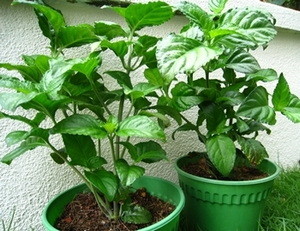 The incredible beneficial properties of patchouli oil come from its many constituents such as alpha patchoulene, beta patchoulene, alpha bulnesene, alpha guaiene, caryophyllene, norpatchoulenol, patchouli alcohol, seychellene and pogostol.
The incredible beneficial properties of patchouli oil come from its many constituents such as alpha patchoulene, beta patchoulene, alpha bulnesene, alpha guaiene, caryophyllene, norpatchoulenol, patchouli alcohol, seychellene and pogostol.
How to apply patchouli oil?
Patchouli oil can be inhaled diffused in a vaporizer or it can be diluted in a carrier oil and applied to the skin. Inhaling the aroma of the oil or absorbing it through the skin can help transmit messages in the limbic system, a region of the brain that is involved in controlling emotions and influences the nervous system.
However, we advise you to use this oil in moderation because if it is used in abundance it can lead to a too strong and overwhelming fragrance. The smell can also permeate clothing and furniture.
Is it a safe oil?
Patchouli oil is generally considered safe when applied topically or inhaled. If using it for a topical application, dilute it with a carrier oil.
It mixes well with frankincense, sage, cedar, geranium, lavender, and rose, however those with sensitive skin may have certain reactions to this oil so it is recommended to test a very small amount before using it. Keep it away from the eyes, ears and nose.
Consult a healthcare professional before using this oil during pregnancy or lactation.
Side effects
It can cause overstimulation and can have strong sedative effects when used in large amounts. It can also cause loss of appetite. If you are suffering from an eating disorder or recovering from an illness, we advise you not to use this oil.
*These statements have not been verified by the FDA and is only referenced here as a fun fact and/or for historical commentary, is not to be used as medical advice in any way. Consult your doctor before using any herbal product.
None of these items or statements are approved by FDA. Consult your physician before using any if these products. Do not take any of these products during pregnancy without consulting your healthcare provider. This product is not intended to diagnose or treat any disease. All information here is for entertainment and educational purposes only.
| Weight | 8 g |
|---|---|
| Dimensions | 8 × 8 × 6 cm |
How to Take Herbs - Product Forms and Suggested Servings
Product Forms
Most HomeGrown Herbalist products are sold in three forms: powders, tinctures and capsules. People often ask which form is best. The truth is, it matters very little how we get herbs into our body but there are some advantages to each form.
Powders: Powders are the least expensive form. Powders can be made into teas or tinctures or you can just put the powder into a little juice or water and drink it.
Tinctures: Tinctures are alcohol extracts of herbs. They act a little more quickly in the body and are very portable. Tinctures can be taken alone or mixed with a little juice or water.
Capsules: Capsules are my least favorite form personally. I believe that many herbs are more effective if capsules aren't used. Click here to read a blog article on Capsules
Any of the above forms can be mixed with your morning smoothie or with yogurt, apple sauce etc... Tinctures mix really well with these products: Barleans Seriously Delicious Omega-3 Fish Oil. This is a great way to get tinctures into those who are sensitive to yucky herb flavors.
Recommended Servings for Humans
For chronic or maintenance issues, twice daily is usually sufficient. For acute situations, dosing can be done more frequently.
Herbs and Adults
Powders for Adults: 1-2 rounded teaspoons 2-3 times daily.
Tinctures for Adults: 1/4 to 1 teaspoon 2-3 times daily.
Capsules for Adults: 4 capsules 2-3 times daily.
Herbs and Children
Don't use herbs in children without consulting a physician. When I do use herbs for children, I dose them based on weight compared to an adult...1/2 an adult...1/3 of an adult etc...
Herbs and Pets
All of our formulas were created so that they could be used in either humans or in dogs, cats and livestock. Most dogs will eat herbs willingly if the powdered form is mixed with a little wet food. Tinctures can also be used. Cats are often very resistant to taking herbs willingly. For chronic or maintenance issues, twice daily is usually sufficient. For acute situations, dosing can be done more frequently.
Powders for Pets
Under 10 Pounds: 1/8 teaspoon twice daily
10-20 Pounds: 1/4 teaspoon twice daily
20-40 Pounds: 1/2 teaspoon twice daily
40-60 Pounds: 3/4 teaspoon twice daily
Over 60 Pounds: 1 rounded teaspoon twice daily
Tinctures for Pets:
Under 10 Pounds: 3 drops twice daily
10-20 Pounds: 5 drops twice daily
20-40 Pounds: 10 drops twice daily
40-60 Pounds: 20 drops twice daily
Over 60 Pounds: 30 drops twice daily
Capsules for Pets:
Under 10 Pounds: 1/4 capsule twice daily
10-20 Pounds: 1/2-4 capsule twice daily
20-40 Pounds: 1 capsule twice daily
40-60 Pounds: 2 capsules twice daily
Over 60 Pounds: 3 capsules twice daily
Dosing for Livestock:
Powders for Livestock:
Smaller animals: dose by weight as if they were pets
100-200 Pounds: 1 rounded tsp 2-4 times daily
200-400 Pounds: 2 rounded tsp 2-4 times daily
Adult Horses and Cattle: 1-2 tablespoons 2-4 times daily
Tinctures for Livestock:
Smaller animals: dose by weight as if they were pets
100-200 Pounds: 1 tsp 2-4 times daily
200-400 Pounds: 2 tsp 2-4 times daily
Adult Horses and Cattle: 5 cc 2-4 times daily
3 reviews for Oil of Patchouli
Only logged in customers who have purchased this product may leave a review.
What are Essential Oils?
How do i Use Essential Oils?
How can i learn more about essential oils?
Essential oils are highly concentrated natural substances that should always be used in the proper dosage and with some important precautions in mind. Each essential oil has specific properties (those of the plant from which they come) and it is important to know its effects and characteristics.
In general (although there are exceptions) it is not advisable to put it directly on the skin, as some of them are irritating, but rather dilute them in some conductive substance that reduces the effect (water, vegetable oils, hydrolates, clays, etc). We do not recommend ingesting any essential oil product.
In this write-up we'd like to share some of our favorite and other common applications of essential oils.
Find a tiny humidifier bowl or diffuser. Add a little warm water to the top of the bowl. Add 4 or 5 drops of an essential oil whose fragrance you like (the flower essences are wonderful: lavender, jasmine, rose, neroli, etc.). To clean it, wash with water and sea salt
Choose an oil depending on your skin type (coconut oil, lotion, avocado oil ect) Add an appropriate dose of essential oils according to your skin type combine in a container, shake it slightly and you'll end up with an excellent beauty serum, better than anything you have tried so far!
Fill a small glass with almond vegetable oil (the best for massage, as it is one of the slowest to absorb). Add 4 drops of of lavender, jasmine, immortelle, chamomile or neroli because they are the most relaxing. Stir with a wooden spoon and apply to the body (even if it remains oily, do not remove it, it will hydrate your skin.
-------------------------------------------------------------------------------------------------------
Buy a bottle of your favorite shampoo. For the gel you can Add 20 drops in total of one or more of these essential oils: lavender, geranium, marjoram, lemon, cypress. Add 15 drops to the shampoo of one or more of these essential oils: tea tree, rosemary, thyme, jasmine.
Fill your tub with hot water Add a glass of sea salt or beach sand Add 10 drops of a relaxing essential oil (lavender, chamomile, jasmine) Hop inside the bathtub and soak for 10 minutes or so with some good music and your favorite candles (beeswax) Get out and pat dry carefully so the oils stay on your skin.
Sitz baths have historically been used for scars, hemorrhoids, stinging, infections, etc. Fill your tub with hot water Add 5 drops of tea tree essential oil to disinfect 2 drops of lavender + 2 of cypress for hemorrhoids or inflammations Stir the water well and wash the area for 5 minutes
Heat half a liter of water until warm Add 5 drops of an essential oil Soak a clean and disinfected towel and drain Apply in the area you want to treat
Put water to heat in a pot Add 2 drops of thyme essential oil Place your face on top of the pot (stay far enough not to burn but close enough for steam to reach you) This treatment is excellent for before removing black spots and pimples They say that For colds to put 1 drop of eucalyptus essential oil, remove the pot from the heat, cover the head and inhale the steam.
Fill a spray bottle with 100ml of water Add 40 drops of your favorite aromatic essential oi Spray curtains, bedspreads, sofas, drawers, cabinets, or clothing.
Some essential oils like lavender are incredibly useful simply by smelling directly from the bottle (to relax, sleep, or support compulsive coughing).
Mix white clay with water until you get a cream texture Add a teaspoon of a vegetable oil you like and 5 drops of an essential oil appropriate for the purpose you want to use it with Stir, apply the paste, leave it to act for 10 or 15 minutes and remove with plenty of warm water.
The HomeGrown Approach - What Makes us Different?
Many of our Herbal Products are created with herbs that are grown right here! Of course there are many plants that are outside the scope of our ability to grow in Idaho, due to either climate or quantity requirements. So when we need to supplement our growing efforts, we purchase only the finest product from quality, growers that we trust! All of our Single Herb Tinctures are made right here at our own facility with a single plant.
Our plants are grown, weeded, harvested and processed by caring herbalists filled with healing intent, not by machines. HomeGrown plant harvesting is timed for maximum potency...not the day the combine is scheduled. - Only the most medicinal portions of the HomeGrown plants are utilized for medicine making. - No pesticides, herbicides or artificial fertilizers of any kind are used in our herb gardens. HomeGrown wildcrafted herbs are ethically collected and identified by experienced herbalists, not minimum-wage, apathetic employees.
Yeah, we might be crazy to go to all the trouble when we could import material from Bulgaria for a tenth of the price, but we have experienced the difference in the quality of the end product. We are confident that when you use our HomeGrown herbals, you WILL see what all the fuss was about!




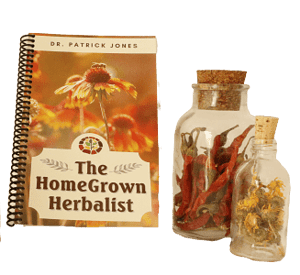

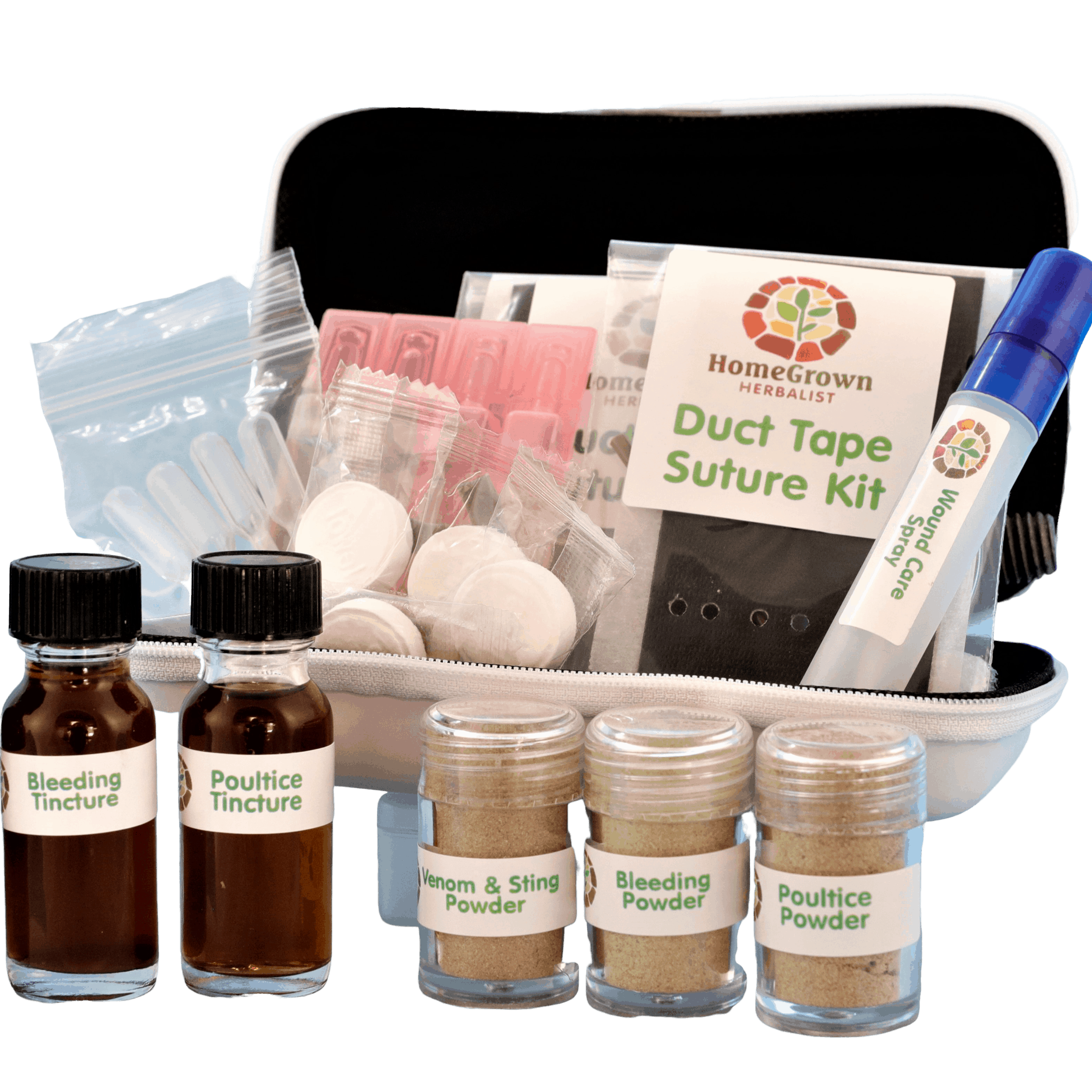
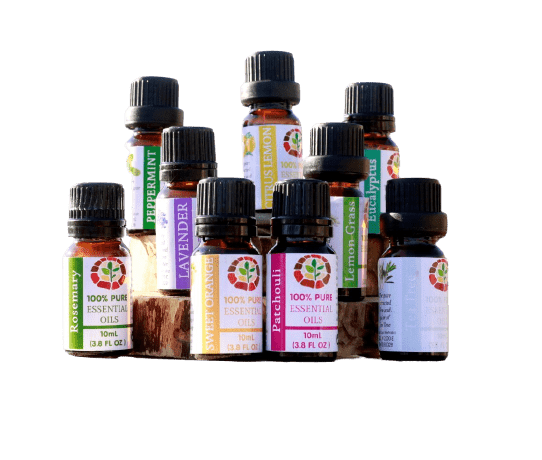

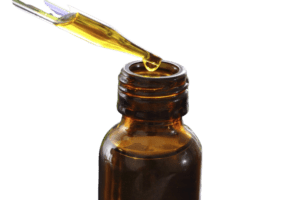
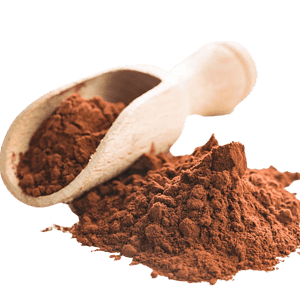
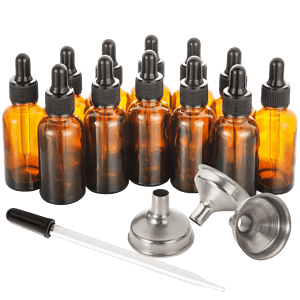

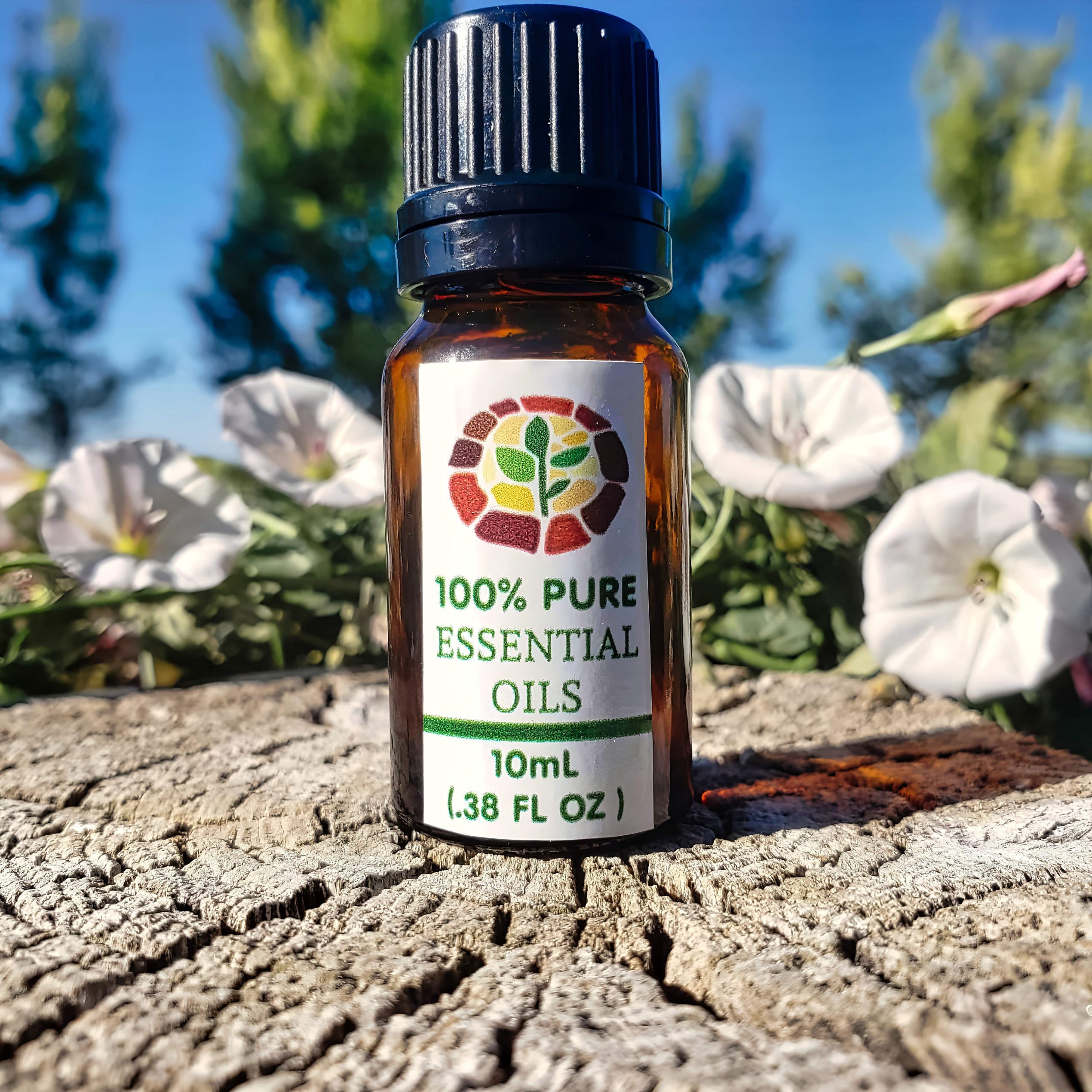
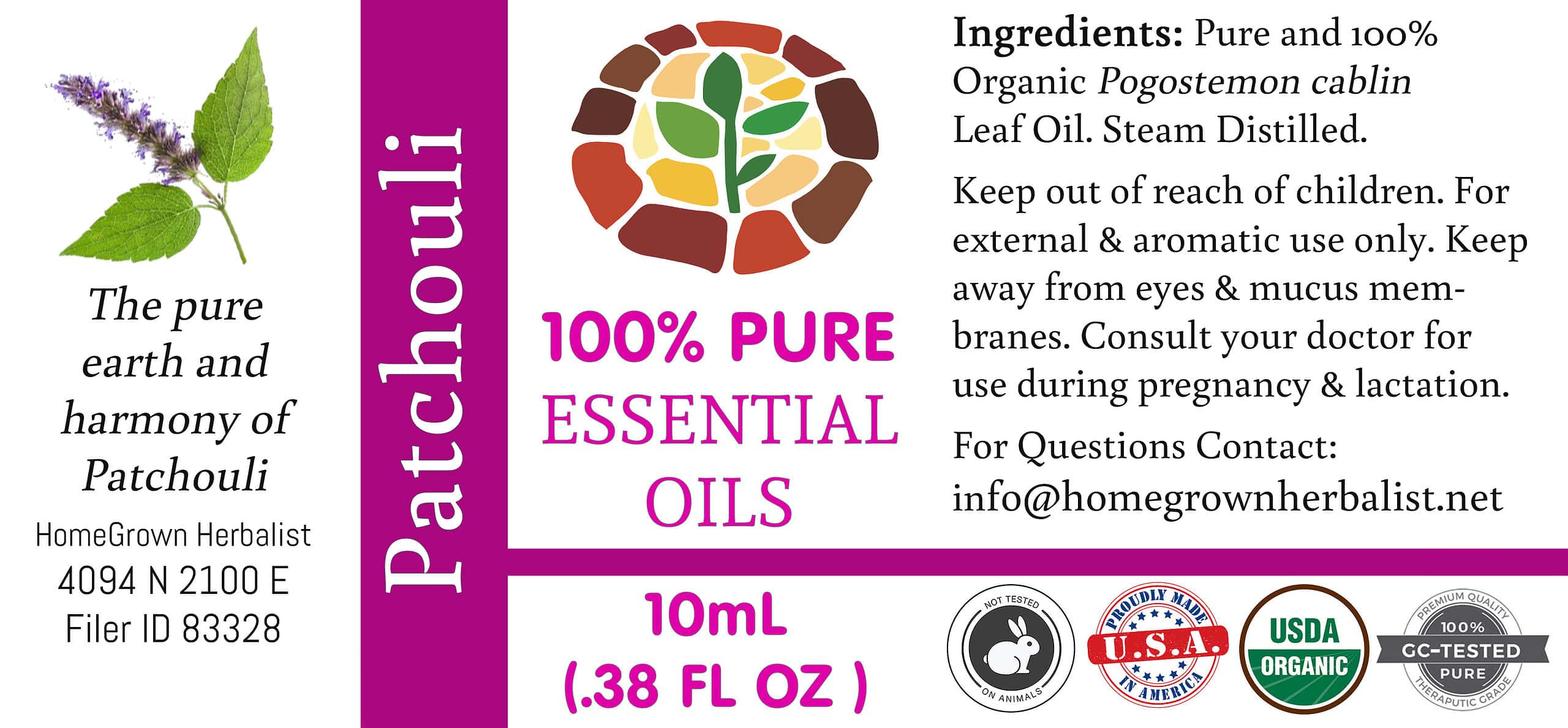
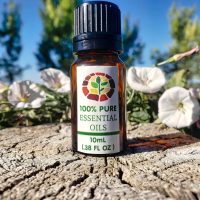
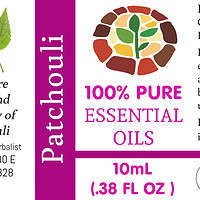
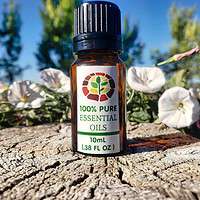
Zane (verified owner) –
Good quality.
Aurora (verified owner) –
Very fast delivery.
Carl (verified owner) –
Fast delivery. I am having a time finding the patchouli of my youth that has the very pungent patchouli scent. Don’t know if there is a way to maybe heat the oil to release the therapeutic aroma I am looking for.